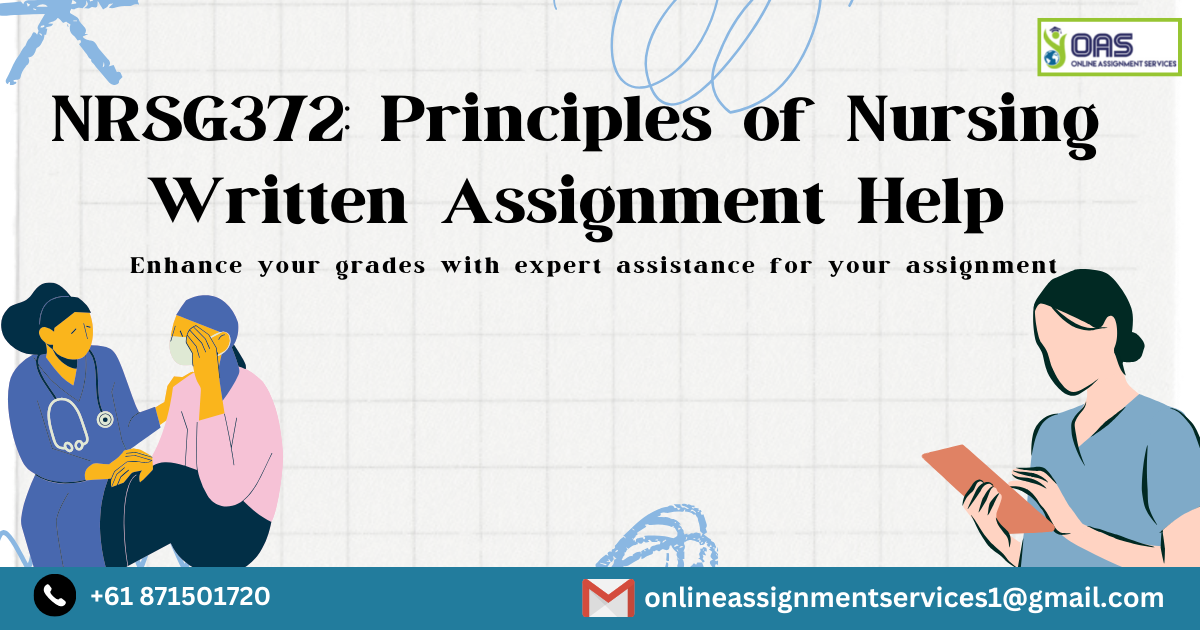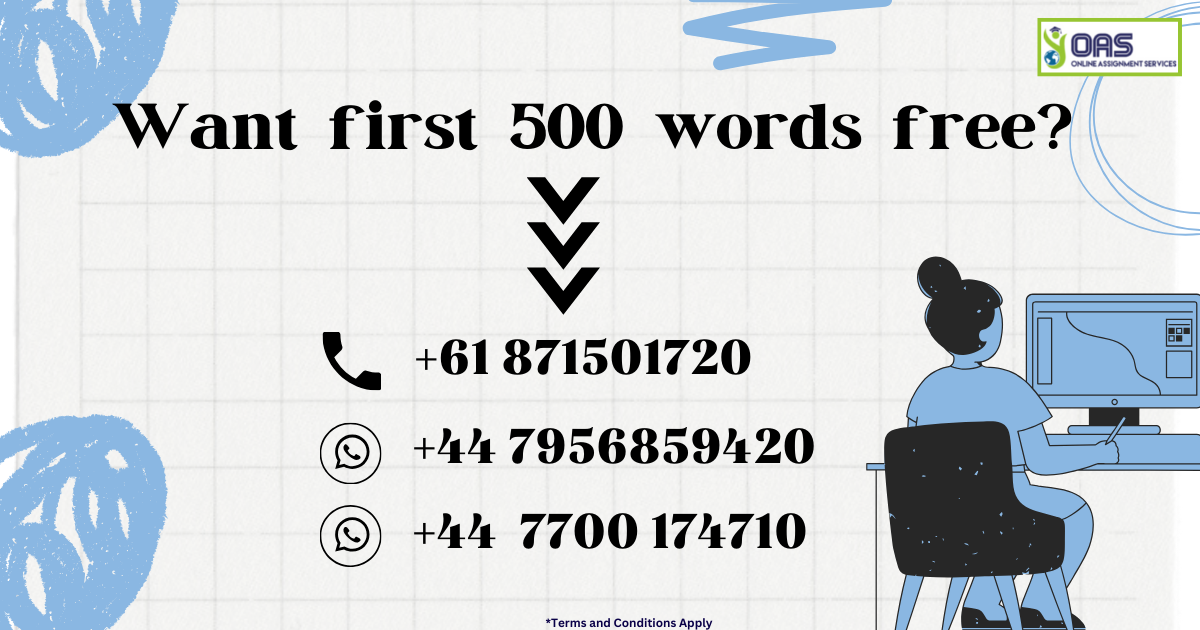NRSG372: Principles of Nursing Written Assignment Help

Question
NRSG372: This assignment for Australian Catholic University constitutes an important requirement for the course Principles of Nursing- Chronic Illness and Disability. In this assignment, the students need to interact with a patient suffering from a chronic illness and use their knowledge related to nursing care for chronic illness patients to understand their experiences and develop a person-centered care plan for the patient.
Solution
The solution provides a detailed written assignment elaborating on the insights gained from the interview with a patient named Maria suffering from a severe stage of Dementia, Alzheimer’s. Our experts have also demonstrated critical analytical skills to evaluate the experience of Maria’s chronic illness in detail. Expert assistance ensures that relevant information is derived from the interview, theoretical knowledge relating to the nursing care priorities, and patient education.
My Interviewee is a female called Maria (not her real name). She is suffering from Alzheimer’s, stage-severe dementia. Alzheimer’s illness is a continuous neurologic disorder causing the brain to shrink and death of brain cells (Maffioletti et al., 2020, p.366). This is the most common cause of dementia. It commences with mild memory loss and severe memory loss. Alzheimer’s, stage-severe dementia is the last stage of the disease, and patients are deprived of the ability to respond to the environment or carry out conversations (Herring et al., 2020, p.542). The health belief model is used to enhance health promotion and enforce behaviors to the end-of-of life stage (Green et al., 2020, p.211). The care priorities for the patient involve increasing brain functionality to enhance learning and memory (Hu et al., 2019, p.62). Another priority includes providing emotional support to patients and families to coop with treatment procedures during end-of-life care (Park et al., 2019, p.254). Education areas include education on Alzheimer’s management alongside education on family and providing emotional support for Alzheimer’s, and stage-severe dementia patients.
We also provide a written interview conversation with the patient for the student’s reference. This helps the student as well as the tutor to gain complete clarity around the case. If you also need the interview conversation, please don’t hesitate to reach out at onlineassignmentservices1@gmail.com.

This theoretical model is used as a guide in disease prevention programs and health promotion. It is used to describe behavior changes (Lee & Lim, 2022, p.e31664). The major feature of the model is to emphasize personal beliefs on health status that are associate with health related behavior. It outlines major factors that affect health behaviors perceived by an individual. These include perceived susceptibility, disease severity, benefits, cues in action, and self-efficacy. For instance, individuals who have the personal health belief that Alzheimer’s, stage-severe dementia is not a serious condition may fail to seek medical attention that could enhance health or be reluctant on adhering to medications set. Individuals suffering from the condition may therefore be reluctant by disregarding the consequences that may arise later on (Shi et al., 2020, p.1778). Similarly, patients may be willing to be part of treatment but lack the confidence of succeeding in medication due to impending severity or anticipation of severe health outcomes. This may discourage them from commencing medication initially. Conversely, individuals who have positive healthy behavior and have knowledge of this medical condition can be receptive to treatment incorporating the confidence to succeed. This can place them in a position to seek for medication, which can enhance their health and enhance them to participate in activities of daily living (Lee & Lim, 2022, p.e31664).
The priority as a nurse involves increasing brain functionality to enhance learning and memory to attain autonomy and efficacy to participate in activities of daily living (Craft et al., 2020, p.1100). Activities of daily living are tasks required to be accomplished daily. They include Maintaining a safe environment; communicating; breathing; eating and drinking; elimination; washing and dressing; personal cleansing and dressing; regulating body temperature; mobilization; working and playing; expressing sexuality; sleeping; and death (Shi et al., 2019, p.494. In this stage, individuals lose the efficacy to carry out a conversation or be responsive to the environment, or move at all. They may however say phrases or words but communication becomes difficult. Cognitive skills and memory keep worsening significantly. There may be various personality changes prompting extensive care. The Roper Logan Tierney Model is an assessment performed all through patient care, as it is reliant on activities of daily living. A nurse uses the framework to evaluate a patient’s corresponding autonomy and prospect for autonomy (Williams, 2017, p.17). The patients’ autonomy is viewed on a continuum ranging from dependency to complete autonomy. This assists in determining viable interventions that will cause increased autonomy including progressive support required to nullify any impending dependency. The patient is evaluated upon admission and their autonomy or dependence is evaluated along with the care plan. By assessing the changes in autonomy or dependence continuum, a nurse can evaluate if the patient is recording any positive or negative improvement and subsequently make changes in care provision reliant on evidence availed (de Oliveira Silva et al., 2020, p.52).
Please note that this is only 50% of the solution. To know more, WhatsApp us at +447956859420.

